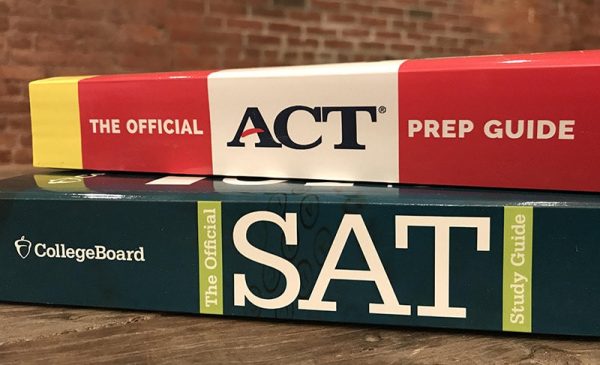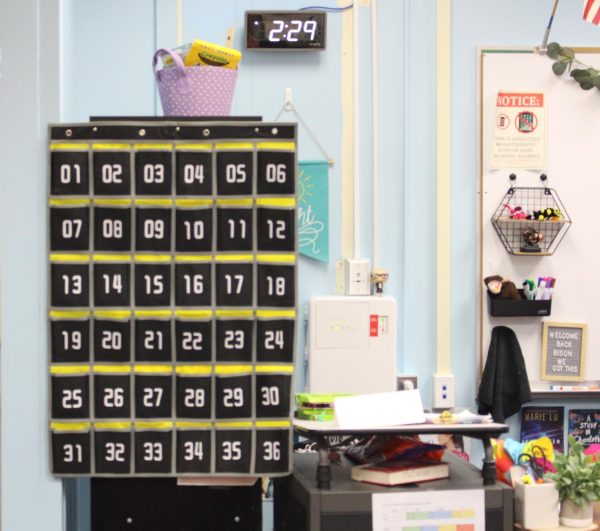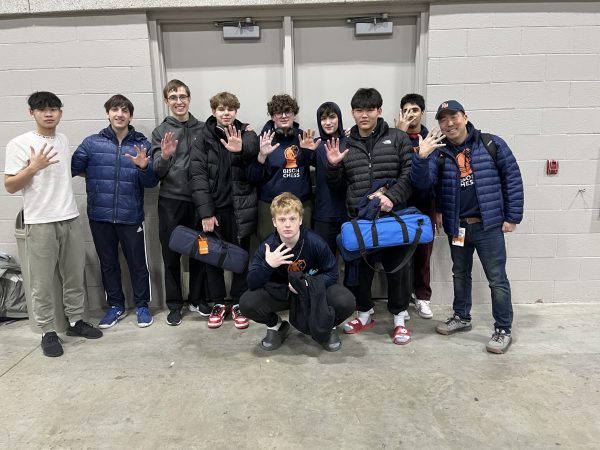Teens find ways to cope with stress of Pandemic learning
During the pandemic there has been an increase in concern for the mental health of students. Some reasons are the lack of social interaction, the transition to online learning and the challenge of having to cope with the pandemic overall. Although students are divided by grade levels they are experiencing different levels of the same problem, social isolation. Fortunately, BG provides a handful of different staff members including deans, and counselors to help you with any questions that you have.
“Social isolation is tough for anyone to handle, our society punishes our worst criminals through social isolation or solitary confinement,” Psychology teacher Jim Farrell said. “So during these times of social distancing it is hard for teenagers to get the peer interaction that they need.
Perhaps the understandable challenge of the pandemic has caused many students to find new ways to deal with hardships that arise. Some students cope with isolation in a multitude of different ways whether that is actually in person interactions or finding new ways to kill time and acquiring new skills for stimulation.
“My friends and I have been hanging out a lot, whether that’s virtually or physically, so that’s also been keeping my mental health in tip top shape,” sophomore Sofia Vartic said. “Plus, I’ve also been discovering a lot of new hobbies, so that too has been making me happy.”
During the summer, quarantine brought an abundance of free time for many. Even during the school season with the option of in-person learning, students may find themselves with more time on their hands.
“I believe there is power in the perspective that you take in any situation,” Farrell said. “The perception is the reality. If you see this time as a meaningful opportunity to gain new skills or work on yourself personally, it can be productive.”
Senior Kate Heidelberger also believes that this period of relative isolation can be used productively and points out that “productivity” may look different for everybody, but be just as beneficial. The prospect of being productive and “busy,” may feel overwhelming and discouraging to those struggling in this time, this phenomenon of productivity pressure was especially apparent over the summer.
“My advice to students who are experiencing this phenomenon is not to feel like you need to do something profound in your free time, like becoming a master of calculus or something equally as tortuous,” senior Kate Heidelberg said. “In fact, things that seem mundane and a waste of time can in fact be greatly educational and of great value. For example, I started watching Bollywood movies over quarantine. Though watching multiple two hour movies in a day could be perceived as a waste of time, by watching films in another language, you can pick up words in that language and learn more about that country’s pop culture.”
Some students have even been able to find some silver linings through these challenges, including an overall positive approach.
“I’ve actually experienced more peace than stress,” Vartic said. “Because I’ve been able to set up my schedule more, I don’t have to deal with frustrating people and awkward group projects. I’ve been feeling more positive than negative under these circumstances.”
It is important to remember that different students will have different struggles when it comes to transitioning to remote learning, and pandemic life in general. The absence of a reliable time to connect with friends can be incredibly challenging for students and staff alike. In a time of great isolation, connection is needed now more than ever.
“Offer an open ear to those who need it,” Kate Heidelberg said. “Listen to those who are struggling and don’t feel obligated to relate to them or give them advice. Just because their problems might be different than yours doesn’t mean that they are less important or less relevant.”










